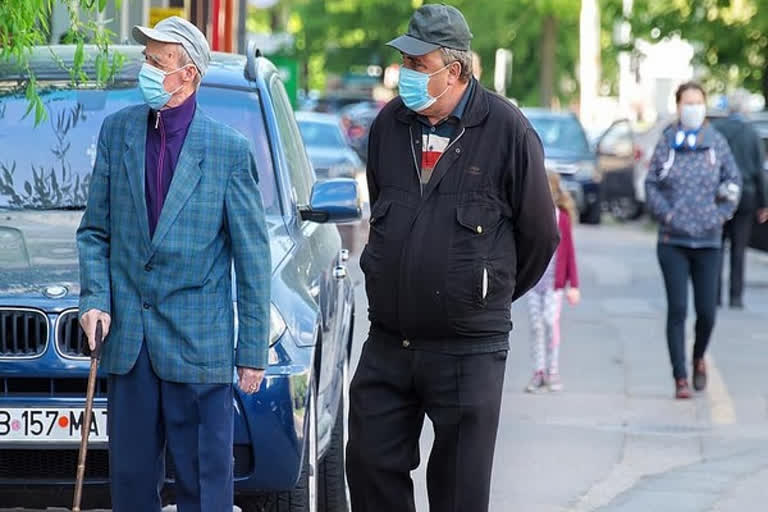London: British lawmakers agreed Thursday to prolong coronavirus emergency measures for six months, allowing the Conservative government to keep its unprecedented powers to restrict U.K. citizens' everyday lives.
The House of Commons voted to extend the powers until September, and approved the government's road map for gradually easing Britain's strict coronavirus lockdown over the next three months.
Prime Minister Boris Johnson's large Conservative majority in Parliament guaranteed the measures passed by a decisive 484-76 margin. But Johnson faced rebellion from some of his own party's lawmakers, who argued that the economic, democratic and human costs of the restrictions outweigh the benefits.
The Coronavirus Act, passed a year ago as Britain went into lockdown, brought in a wide range of temporary health, economic and social powers to deal with the pandemic. It gives authorities the power to bar protests, shut down businesses, restrict travel and detain people suspected of having the virus.
Heath Secretary Matt Hancock said Parliament had had to take “extraordinary measures in response to this extraordinary threat.” But Conservative lawmaker Mark Harper, a leading lockdown skeptic, said he had not “heard a single good answer” as to why the British government needed to extend the “draconian” powers for another six months.
The opposition Liberal Democrats opposed the extension, with leader Ed Davey saying it gave ministers “a blank check to use draconian powers they don't need.” Former Labour Party leader Jeremy Corbyn also spoke out against them, saying “our liberties are at stake.”
Also read:Biden doubles goal of COVID vaccines to 200 million doses
Britain has recorded more than 126,000 coronavirus deaths, the highest toll in Europe. But the U.K.'s fast-moving vaccination program has so far given at least one dose of a COVID-19 vaccine to more than half of its adult population, a far better record than the European Union's much-criticized vaccine rollout.
Virus infections and deaths in Britain have fallen sharply in the last month even as they are rising in much of Europe.
